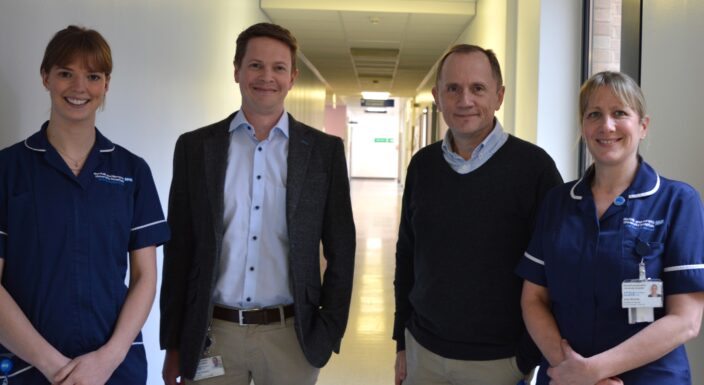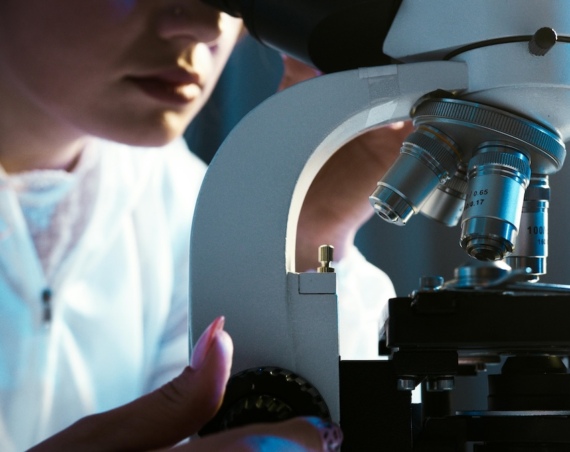
A pioneering drug trial has commenced at a UK hospital, marking a significant milestone in the quest for innovative endometriosis treatments. This Phase II research study, led by the Gynaecology and Research and Development team at NNUH, is examining the safety and effectiveness of a novel antibody, AMY109, developed by Chugai Pharmaceutical Co Ltd. Aimed at reversing the debilitating symptoms of endometriosis and reducing the reliance on surgical interventions, this trial represents a potential shift in managing the chronic condition that affects 1 in 10 women in the UK.
Endometriosis, characterized by the presence of cells similar to those lining the womb in other parts of the body, leads to painful symptoms, heavy periods, and in severe cases, scarring and damage to pelvic organs. AMY109 targets interleukin-8, a protein that triggers the body’s inflammatory response to endometriosis, offering a new approach by focusing on reducing inflammation associated with the condition.
Edward Morris, Consultant Gynaecologist and UK Chief Investigator on the study, highlighted the significance of this research. “Significant new drugs for endometriosis have not come along for decades, and the ones we have in daily usage are largely hormone-based, which can have unpleasant side effects,” he stated. This innovative treatment could potentially be disease-modifying, offering a new pathway to manage endometriosis without the need for surgery.
The trial is open to women aged 18-49 with laparoscopically diagnosed endometriosis and willing to undergo laparoscopic surgery post-treatment. This multicenter trial also involves other UK hospitals, widening the participant base and enhancing the study’s comprehensive nature.
Paul Simpson, Consultant Gynecologist and the Principal Investigator at NNUH, emphasized the uniqueness of this treatment. Unlike existing therapies that suppress disease symptoms, this drug addresses inflammation directly, possibly reversing endometriosis effects without surgical intervention.
Phase I trials of AMY109 have been conducted in Japan and Taiwan, involving healthy volunteers and patients, laying the groundwork for this advanced study phase.
Emma Cox, CEO of Endometriosis UK, underscored the critical need for more research into endometriosis. “Current options are limited to surgery, hormonal management, or pain killers for the chronic and often severe pelvic pain that is a symptom of the disease,” she said. This new non-hormonal drug offers hope for a more effective treatment that not only targets inflammation but may also reduce existing scarring.



